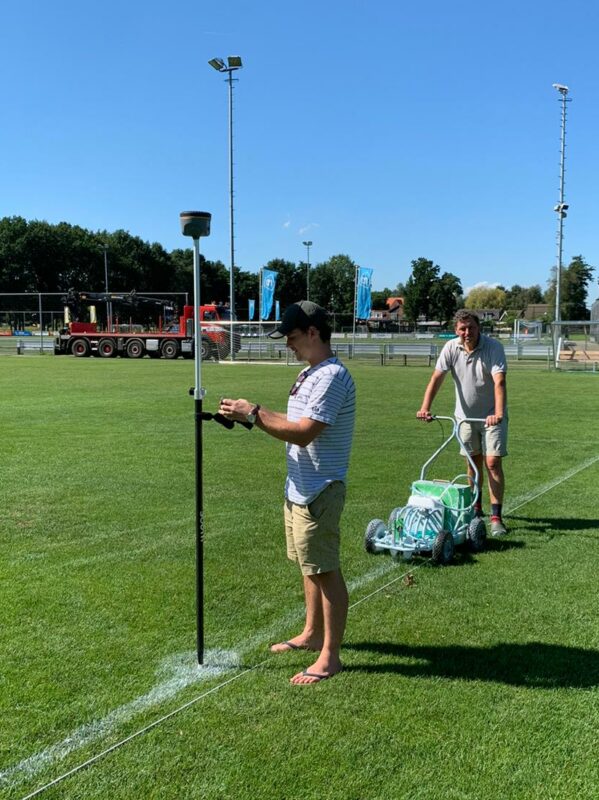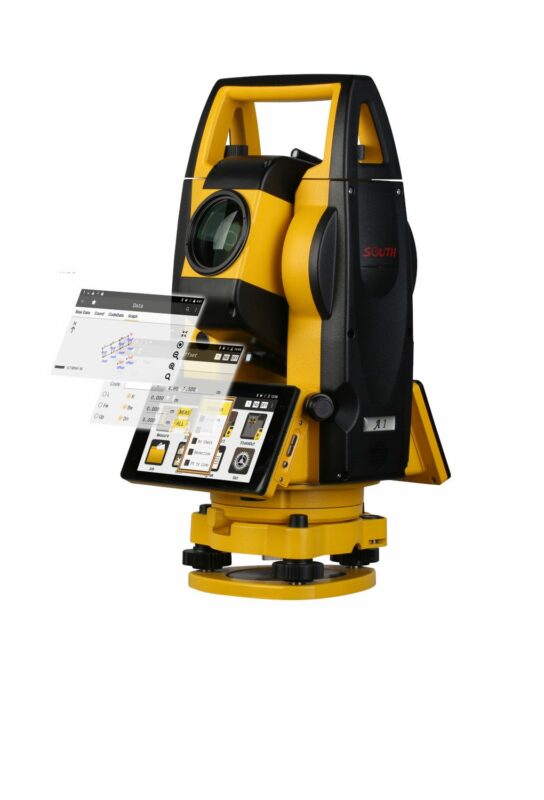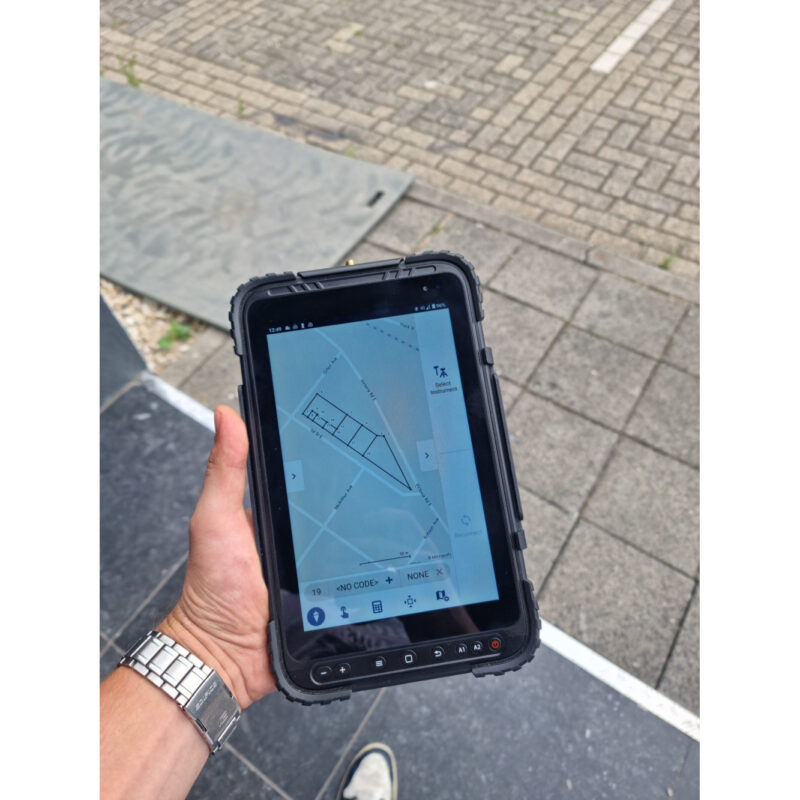GNSS
CORS Reference Network: Understanding the Importance of High-Precision GPS
CORS reference network, also known as the Continuously Operating Reference Station network, is a system of GPS reference stations that provide accurate and reliable positioning data for a variety of applications. This system is used by surveying and mapping professionals, as well as other industries such as construction and transportation. In this article, we will discuss what CORS reference network is, how it works, and the different industries that use it.

What is CORS reference network?
CORS reference network is a system of GPS reference stations that are strategically placed throughout a specific area. These stations are equipped with high-precision GPS receivers and antennas that continuously collect and process GPS data. The data is then transmitted to a central processing facility where it is used to provide real-time, accurate positioning information for a variety of applications.
The CORS reference network is operated by government agencies and private companies, and is typically used to support a wide range of applications, including surveying and mapping, construction, transportation, and other industries.
How does CORS reference network work?
CORS reference network works by collecting and processing GPS data from a network of high-precision GPS receivers and antennas. These receivers and antennas are located at various points throughout a specific area and are used to continuously collect and process GPS data. The data is then transmitted to a central processing facility where it is used to provide real-time, accurate positioning information.
The CORS reference network is able to provide accurate positioning information by using a technique called differential correction. This technique involves comparing the GPS data collected by the reference stations with the data collected by the GPS receiver on the user’s device. Any errors or inaccuracies in the data are then corrected, resulting in a more accurate position.
Who uses CORS reference network?
CORS reference network is used by a variety of industries, including surveying and mapping, construction, transportation, and other industries.
Surveying and Mapping: Surveying and mapping professionals use CORS reference network to provide accurate and reliable positioning data for their projects. This data is used to create maps, topographic surveys, and other types of geospatial data.
Construction: Construction companies use CORS reference network to provide accurate and reliable positioning data for their projects. This data is used to ensure that buildings and other structures are built in the correct location and are level and plumb.
Transportation: The transportation industry uses CORS reference network to provide accurate and reliable positioning data for their vehicles and equipment. This data is used to ensure that vehicles and equipment are in the correct location, and to provide real-time information about traffic conditions and other important information.
Other Industries: CORS reference network is also used by other industries, such as agriculture, mining, and utilities. These industries use CORS reference network to provide accurate and reliable positioning data for their operations.

Advantages of CORS reference network
CORS reference network has several advantages over traditional GPS systems. One of the main advantages is its high level of accuracy. CORS reference network uses high-precision GPS receivers and antennas, which are able to provide accurate positioning information to within a few centimeters. This level of accuracy is essential for many applications, such as surveying and mapping, construction, and transportation.
Another advantage of CORS reference network is its real-time capabilities. The system is able to provide real-time positioning information, which is essential for many applications, such as transportation and construction. This allows users to make quick and accurate decisions based on the most up-to-date information.
CORS reference network also provides a wide coverage area. The network of reference stations is strategically placed throughout a specific area, which allows users to access accurate positioning information from almost anywhere within that area. This is particularly useful for industries such as construction, where accurate positioning information is needed for large projects that cover a wide area.
Lastly, CORS reference network is relatively cost-effective. The system is operated by government agencies and private companies, which means that users do not have to invest in expensive equipment or pay for costly data subscriptions. This makes CORS reference network an affordable option for many industries.
Challenges and Limitations of CORS reference network
Despite its many advantages, CORS reference network does have some challenges and limitations. One of the main challenges is the need for a clear line of sight between the GPS receiver and the reference stations. This can be a problem in areas with tall buildings or trees, which can block the signal.
Another limitation is that CORS reference network is only available in specific areas. The system is operated by government agencies and private companies, which means that it is not available in all areas. This can be a problem for industries that operate in remote or rural areas.
Lastly, CORS reference network can be affected by interference from other sources, such as radiofrequency interference (RFI) or ionospheric disturbances. These can cause errors in the positioning data, which can affect the accuracy of the system.

Conclusion
CORS reference network is a system of GPS reference stations that provide accurate and reliable positioning data for a variety of applications. The system is used by surveying and mapping professionals, as well as other industries such as construction and transportation. CORS reference network has several advantages over traditional GPS systems, including its high level of accuracy, real-time capabilities, wide coverage area, and cost-effectiveness. However, the system does have some challenges and limitations, such as the need for a clear line of sight, limited availability in certain areas, and potential interference from other sources. Overall, CORS reference network is a valuable tool for many industries that require accurate positioning data.



